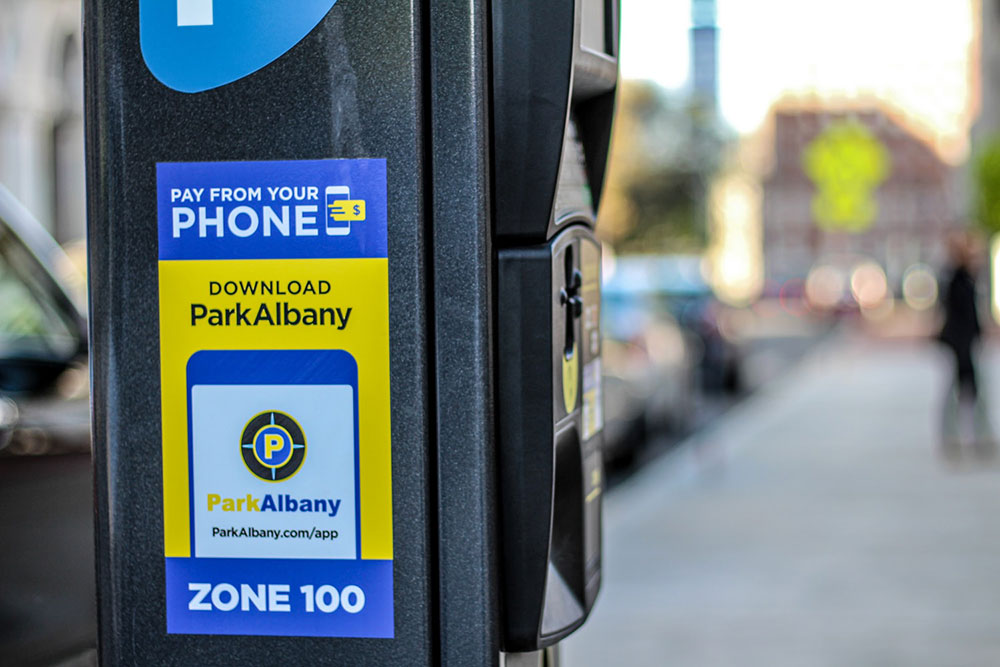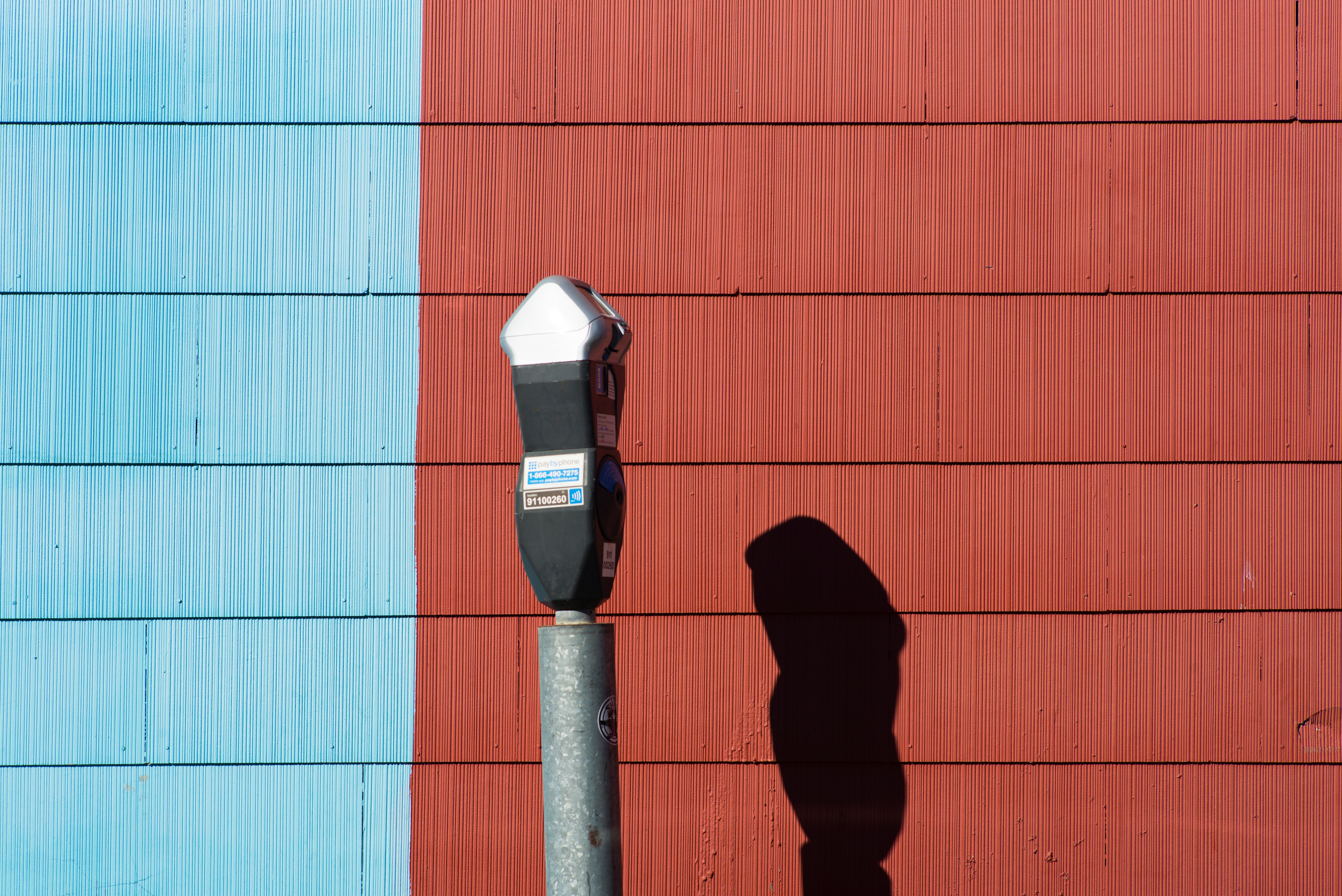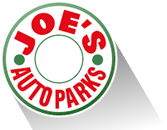
We live in a time where everything involves technology. People use apps to order their groceries, restaurants use kiosks to take orders, and robots are creating more efficiency in workplaces everywhere. Even automated vehicles are getting closer and closer to becoming not only a reality but also a practical mode of transportation. Parking may seem like a traditional, straightforward business, but even the parking industry is currently implementing innovative technology with leading-edge plans for the future.
Parking in the digital age
Parking can be stressful and can even discourage visitors. People might avoid a busy downtown area just because of the parking alone, especially in big cities like Los Angeles, where convenient public transit alternatives are limited. Parking in Los Angeles is a constant headache with both commuters and tourists fighting for spaces. Fortunately, the city is forward-thinking and is beginning to put more smart-parking technology into action. Companies like Joe’s Auto Parks have been part of the parking industry for decades and choose to evolve with the city. Stay connected with Joe’s Auto Parks on Facebook and online at JoesAutoParks.com to stay up to date with parking in the DTLA area and to find the best parking locations.

How the parking industry implements technology
The parking industry has already begun to implement several ways to use technology to improve efficiency and convenience. If you think about it, when was the last time you saw a classic coin-meter? Now, almost all parking meters are solar-powered and digital, and most accept credit cards while moving toward app-controlled meters. Smart meters accept tap or apple pay and are touch screen and paperless. Aside from meters, most parking garages now have electric vehicle charging stations. For efficient exits, cameras can scan parking passes or license plates automatically without having to stop at a kiosk.
Parking apps are starting to become more accessible, especially in smart cities. These apps can pay the meter and update the remaining time from your phone, to eliminate having to visit the meter once the time is expired. The more innovate apps show empty spaces, with real-time identification (meetingoftheminds.org). With real-time sensors, drivers no longer have to waste time looking for parking spots or fighting with other drivers over limited parking. Not to mention, it is easier to remember where you parked when you are done. Apps like ParkSmarter will look for open spaces and prompt your phone for payment when you arrive, send notifications when the time is almost up, and allow you to add more time from the app. Plus, the app offers discounts and promotions, like “parking rewards,” just like any other retail reward program. Some apps will even allow you to compare prices and pre-book spots.

Smart Parking in Downtown Los Angeles
Apparently, 30% of LA’s downtown traffic is a result of drivers circling in search of parking spaces. As a result, searching for parking leads to 5.5 billion miles driven per year, 270 million gallons of gas wasted ($810 million) and 4.2 million tons of CO2 emissions (automatedparkingus.com).
Los Angeles is jumping on board with parking technology, becoming more like San Francisco. San Francisco led the country with SF Park, a system that uses a number of parking strategies to improve the parking experience. Similarly, Los Angeles now has LA Express Park, Los Angeles’ intelligent parking management program. LA Express Park allows locals and visitors to pay for parking using an app that is compatible with smart meters. The app started in Hollywood, the busiest tourist area, and is expanding to nearby neighborhoods in LA County.
Automated Parking US focuses on another form or parking technology. This consulting and designing firm from Los Angeles uses elevators, lifts, turntables, and other mechanics to park vehicles automatically. Automated Parking US also makes use of levels and stacking, both above and underground, to reduce land use.

The future of parking technology
Automated vehicles are included in most innovative parking discussions. Parking will need to accommodate automated vehicles in the near future, especially for cities that face challenges with sufficient available parking. A Forbes article states that the future includes automated vehicle parking lots, self-parking vehicles, and robotic valets. Parking garages that accommodate self-parking vehicles could also reduce the land space required by 60% (Forbes.com).
The future is bright for the parking industry. More positive, inventive changes will result in less traffic from drivers searching for available parking and therefore less unnecessary emissions. Better parking will create a more convenient and welcoming environment for residents and tourists.

Comments are closed.